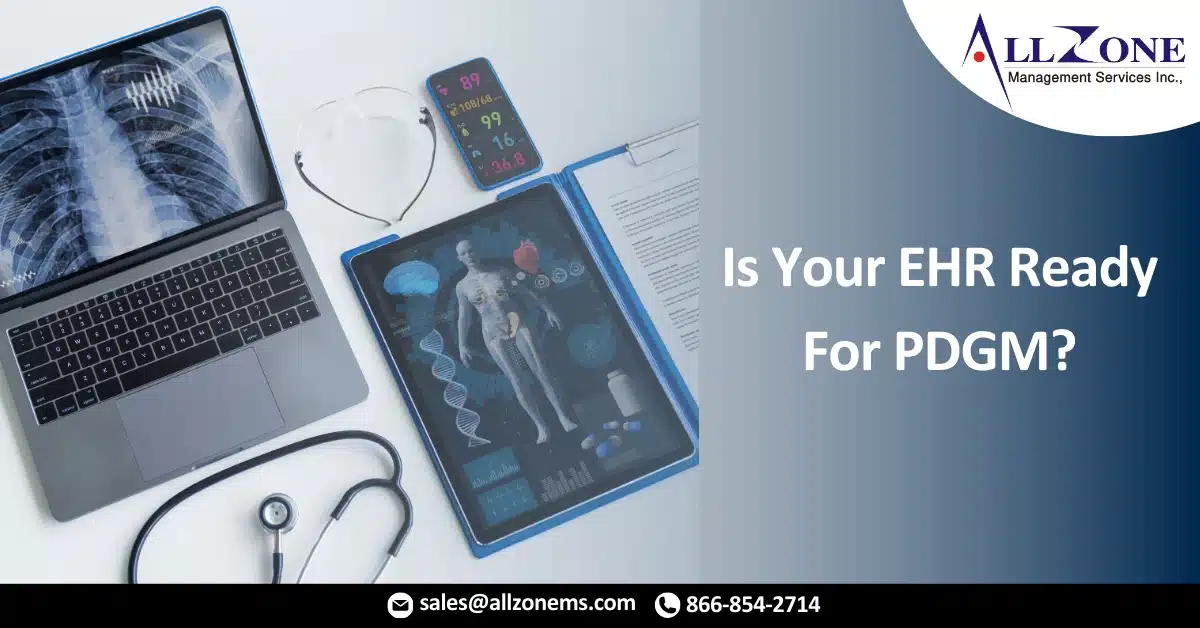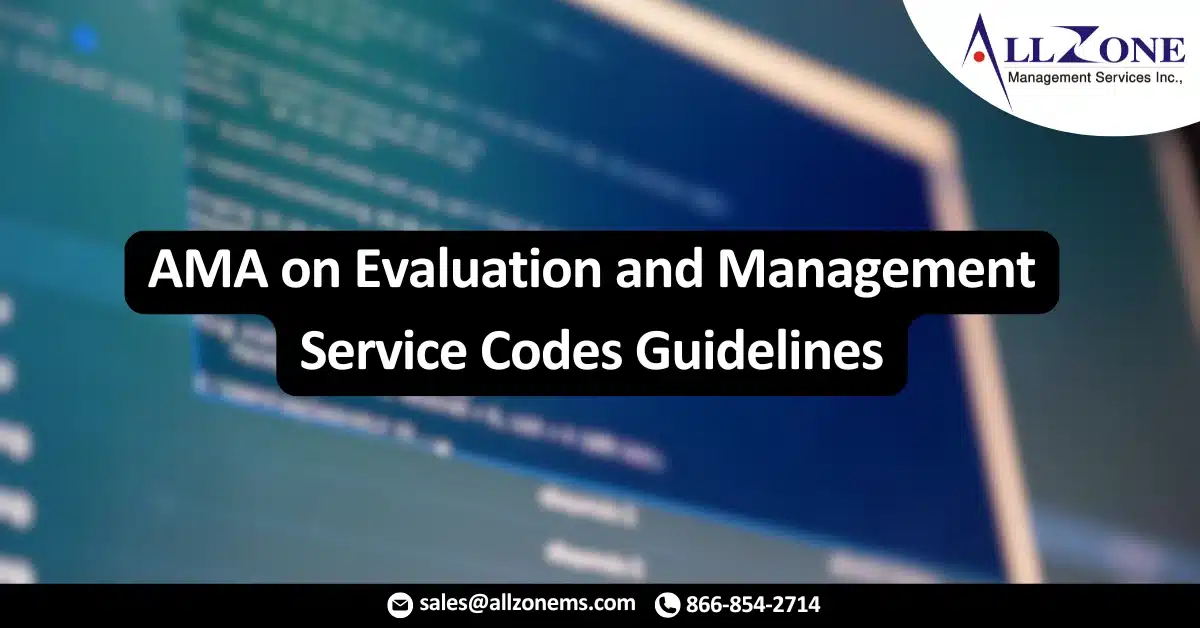Medical coders, billers, auditors, and other healthcare business professionals started Day 2 of AAPC’s Regional Conference in New York City getting the scoop on the proposed changes to evaluation and management (E/M) services coding and E/M guidelines. E/M Guidelines Changes Are About Time Conference attendees were eager to hear Raemarie Jimenez, CPC, CDEO, CIC, CPB, CPMA, […]
Revenue cycle management technology is at the heart of the administrative side of business at every hospital and health system. It is key to daily operations. As such, healthcare CIOs and other IT professionals must take great care when implementing RCM systems. Getting revenue cycle done right – and done right the first time – […]
4 Strategies For Accurate Medical Coding and Denial Prevention Payers typically deny evaluation and management codes (E/M code) on the back end of the billing process, which can cause costly reimbursement recoupments, according to Medical Economics. Four tips to avoid denials caused by inaccurate E/M levels: Make sure the E/M code supports the specific patient encounter. […]
It’s every physician’s worst nightmare: Receive payment for services rendered, but then a payer identifies an aberrant pattern in claims data, audits the records, decides it has overpaid the practice, and recoups those funds. That money you already allocated for overhead, staff salaries, bonuses, or new medical equipment? Gone. With one post-payment audit, you now […]
Blockchain technology continues to cause a significant amount of disruption in various industries across the world, particularly in healthcare, according to a Research and Markets report. Three things to know: The decentralized ledger technology has the potential to overcome interoperability and security challenges that have plagued the healthcare system. Within the healthcare segment, technology is being used […]
When the Patient-Driven Groupings Model (PDGM) launches Jan. 1, 2020, leveraging tools and resources to ensure compliance will be critical to a successful transition. Home health care providers already have one helpful tool in place: the electronic health record (EHR). By incorporating workflow efficiencies, alerts, customizable features and feedback reporting capabilities, EHRs can provide visibility […]
Medical coders who were unsure what documentation non-Medicare payers would expect in light of the Patients Over Paperwork Initiative now have more to go on. The initiative reduced documentation requirements for outpatient evaluation and management service codes (CPT® 99201-99215) provided to Medicare Part B patients beginning in 2021. The Centers for Medicare & Medicaid Services (CMS) indicated in their initiative that, although […]
The focus on electronic health record implementation has turned to how to make use of the vast data stored within to improve revenue cycle operations. “These EHRs capture so much data. The trick is translating that data into information,” said Cynthia Sikina, vice president of Financial Services with consulting firm Afia. The EHR is not providing […]
Chronic Kidney Disease (CKD) is a serious health condition affecting millions of people worldwide. In the United States alone, 15% of adults, or approximately 37 million people, suffer from CKD. This condition, often insidious in its onset, can lead to severe complications and significantly impact quality of life. Key Facts about CKD: Prevalence: More common […]
Data security is now one of the top aspects of healthcare technology. It can make or break patient satisfaction and institutional reputation. Healthcare providers have a professional obligation not only to care for their patients’ health but also to protect their patients’ data. Cyber crime is on the rise against the sector because healthcare providers […]










